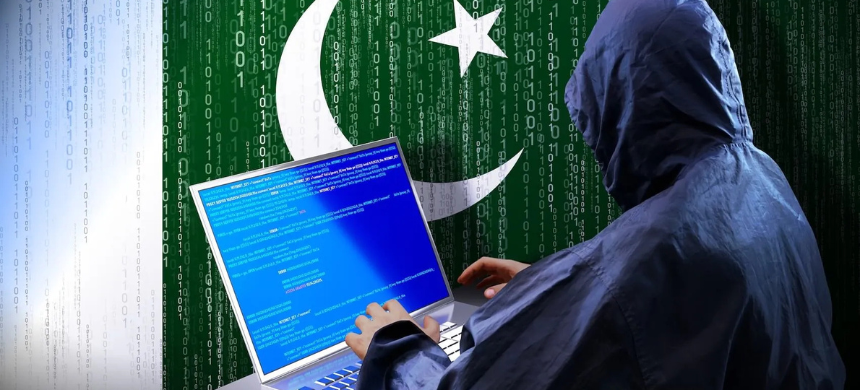In Pakistan, the consequences of a simple WhatsApp message, whether authentic or fabricated, can be deadly. The country’s blasphemy laws have taken on a digital dimension, with accusations of blasphemy leading to imprisonment, violence, or even execution. A single allegation can spark a violent mob, judicial trials, and long-term incarceration, often used as a tool to settle personal vendettas and target marginalized groups.
The digital age has amplified the risks associated with these laws. Vigilante groups scour social media, tracking users and planting evidence to entrap them. In some cases, people unknowingly share controversial content and end up behind bars. For example, university professor Junaid Hafeez has spent years in prison, awaiting a verdict that could lead to life imprisonment or death. His lawyer, Rashid Rehman, was tragically murdered for defending him.
Read More: Using digital technologies to improve healthcare services: President Alvi
A more sinister aspect of this issue is the rise of extortion rackets linked to blasphemy accusations. Digital vigilantes, sometimes with financial motives, exploit these laws to make money from victims’ families. Hackers fabricate blasphemy cases, extort money, and offer to retract the accusations in exchange for a ‘fine.’ If the victims cannot afford to pay, they face prolonged imprisonment or execution.
The Legal Commission on Blasphemy Pakistan (LCBP) tracks over 300 blasphemy cases, claiming many of the accused misuse revered Islamic names in online interactions. Some of these cases are driven by financial or personal motives, rather than genuine ideological concerns.
At the National Press Club in Islamabad, families of those imprisoned for blasphemy shared their harrowing stories. Saeeda Bibi spoke of her son, Muhammad Zamzam, a blind man who has never used social media but was accused of blasphemy. Despite paying a ransom, the charges were not dropped, and he remains behind bars.
Pakistan’s blasphemy laws, originating from Section 295 of the Penal Code, now extend to digital communications, making a simple WhatsApp forward, Facebook comment, or online discussion grounds for arrest. The combination of loosely defined laws, digital surveillance, and extremist vigilantes has turned the country’s social media landscape into a dangerous minefield.
Moreover, the Pakistani judiciary has been slow to handle these cases, and the risk of mob violence remains high. Since 1990, at least 65 people have been killed due to blasphemy accusations. In one tragic instance, a Christian settlement in Faisalabad was attacked after two community members were accused of blasphemy.
With the number of digital blasphemy cases rising, Superintendent Zahir Ahmed Virk of Camp Jail Lahore stresses the need for digital literacy to prevent such accusations from spiraling out of control. Many victims are unaware of the consequences of sharing messages, and education at the school level is essential.
However, education alone is not enough. Legal reforms are urgently needed to protect individuals from false accusations and prevent vigilante groups from exploiting the system. Human rights organizations have long called for the repeal of these laws, but in the short term, amendments should be made to ensure due process and safeguard against abuses.
The cost of inaction is not just measured in wrongful imprisonments, but in lost lives and broken families. Until reforms are made, a simple WhatsApp message in Pakistan will continue to have the power to ruin lives, as many families like Aroosa Khan and Saeeda Bibi know all too well. The government’s failure to address these issues will keep society trapped in a cycle of fear, with each new blasphemy accusation carrying the potential for tragedy.











